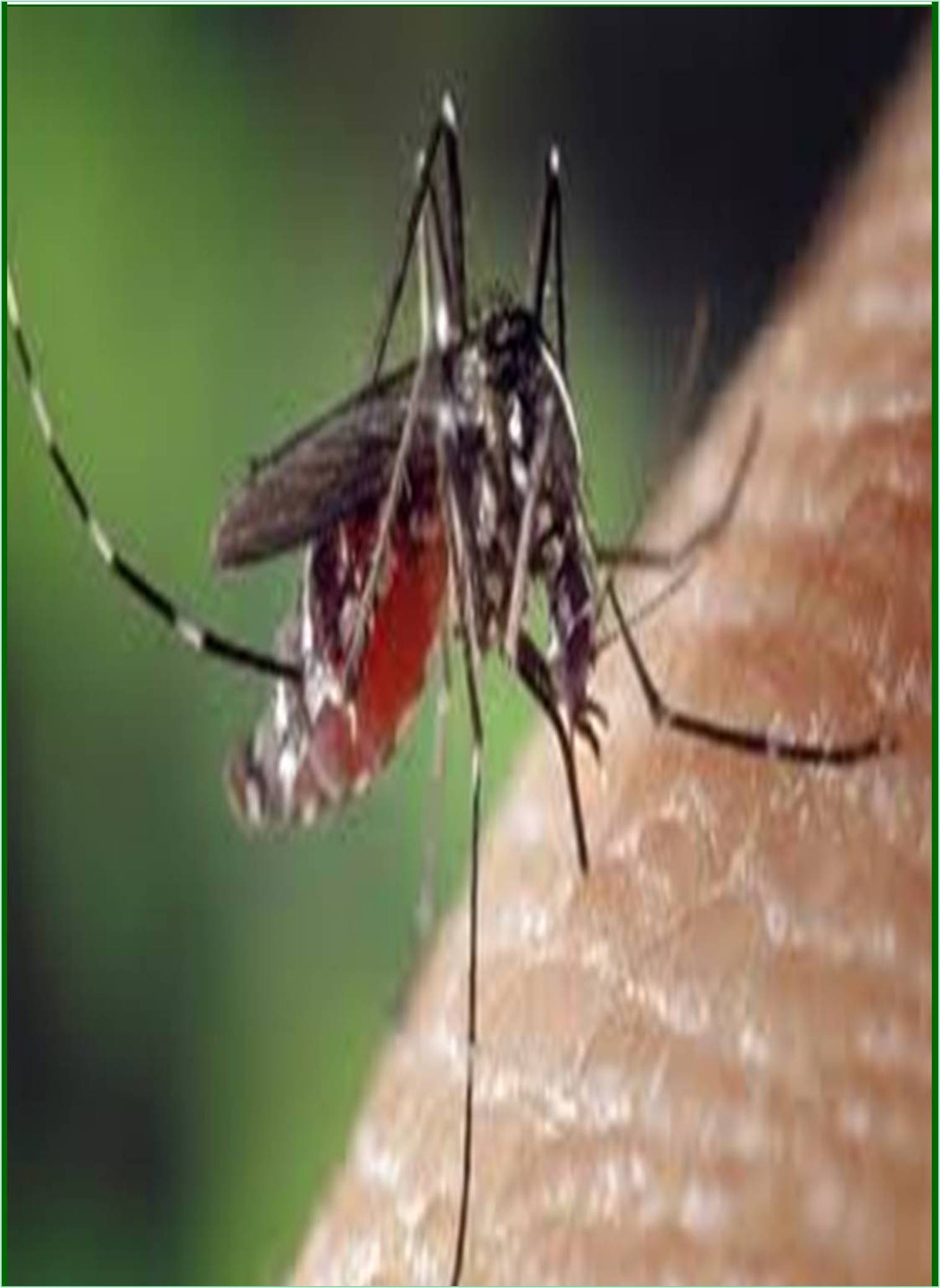



Received: 07-Jan-2022, Manuscript No. JFTD-22-59623; Editor assigned: 10-Jan-2022, Pre QC No. JFTD-22-59623 (PQ); Reviewed: 24-Jan-2022, QC No. JFTD-22-59623; Revised: 27-Jan-2022, Manuscript No. JFTD-22-59623 (R); Published: 03-Feb-2022, DOI: 10.15651/JFTD.22.2.06
Malaria is a mosquito-borne infection that affects humans and other animals. Malaria usually causes symptoms such as fever, malaise, vomiting, and headaches. In severe cases, it can lead to jaundice, seizures, coma or death. Symptoms usually begin 10 to 15 days after being bitten by an infected mosquito. If the illness is not treated properly, it can be recur after few months. In people who have recently recovered from infection, reinfection usually causes mild symptoms. If a person is not continuously exposed to malaria, this partial resistance disappears over months to years. Humans get malaria when they are bitten by infected mosquitoes. Mosquitoes are transmitted by biting people with malaria. Infected mosquitoes send parasites into the human bloodstream, where they multiply. Five types of malaria parasites can infect humans.
In some cases, pregnant women with malaria can infect their children with the disease before or during childbirth. Malaria can be transmitted via blood transfusions, organ donations, and hypodermic needles.
Malaria can be a life-threatening illness, especially when we are infected with Plasmodium falciparum. This disease is usually treated in the hospital. Our doctor will prescribe medicines based on the type of parasite we have. In some cases, the drug resistance of the parasite prevents the prescribed drug from eliminating the infection. If this happens, our doctor may need to use multiple medications or completely change medications to treat our condition. Although this disease is rare in temperate climates, malaria is still prevalent in tropical and subtropical countries. Every year, nearly 290 million people get malaria and more than 400,000 people are dying. To reduce malaria infections, the world health program distributes mosquito nets treated with preventatives and pesticides to protect people from mosquito bites. The World Health Organization (WHO) recommends a malaria vaccine for children living in countries with a high incidence of malaria.
While traveling, we can protect ourselves with protective clothing, mosquito nets and pesticides. We can also take preventative medicine before, during and after our trip. Many malaria parasites have developed resistance to common medicines used to treat illness.
In addition, certain types of malaria parasites, such as Plasmodium vivax and Plasmodium ovale are in the liv-er stage, where the parasite can live in the body for extended periods of time. If we are diagnosed with any of these types of malaria parasites, we will be given a second drug to prevent future recurrence. By using mosquito nets and insect repellents, spraying pesticides and taking measures to eliminate mosquitoes such as draining stagnant water, we can reduce the risk of illness by preventing mosquito bites. Occasional administration of the sulfadoxine/pyrimethamine combination is recommended after early pregnancy in infants and areas with a high incidence of malaria.
Strategies for preventing malaria
• Be aware of risks.
• Use insect repellent and cover your arms and legs to prevent mosquito bites.
• Take malaria tablets when traveling to other areas where malaria is present.
• Get prompt diagnosis and treatment if you think someone may be ill.
Treatment for malaria should start as soon as possible. The doctor will prescribe medicines to kill the malaria parasite. Some parasites are resistant to antimalarial drugs. The type of drug and the duration of treatment depend on which parasite is causing the symptoms.